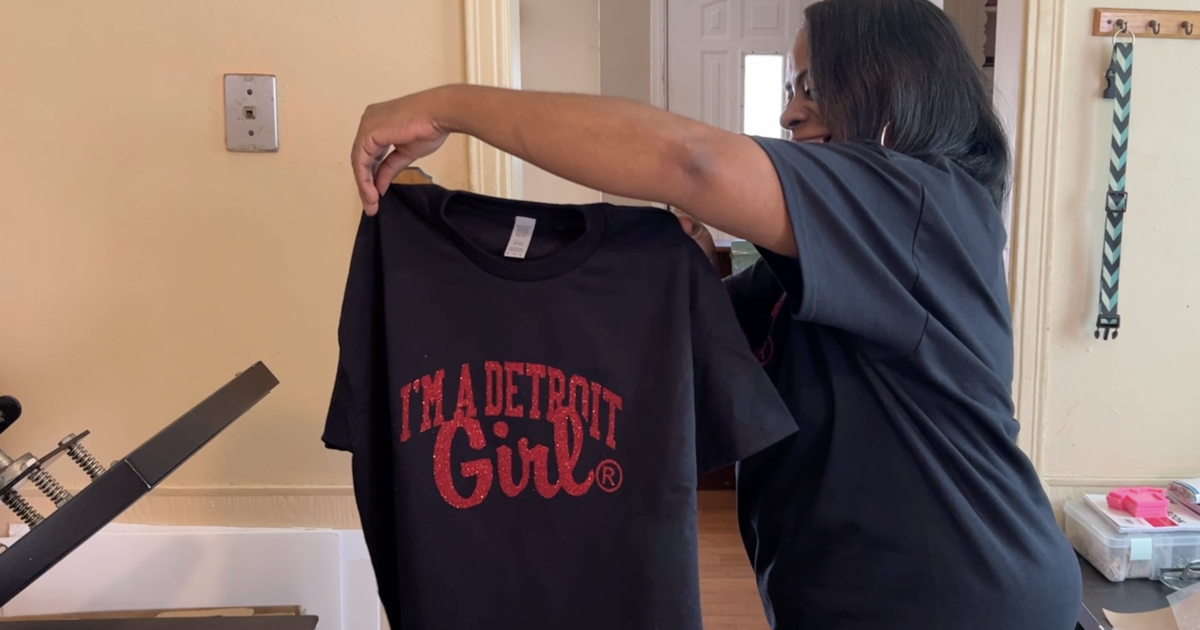Are You In Denial About Your Weight?
Aug. 2, 2012 -- The next time one of your friends asks if he or she looks like they put on some weight, you may want to consider being honest with them -- even if the answer is yes.
If so, you will be doing your part to help break through our collective denial about our tendency to gain weight. A new study suggests that most of us are clueless about whether we are gaining or losing weight. The findings appear in Preventive Medicine.
Many study participants said they lost weight from 2008 to 2009, but in fact, they gained. On average, adults were off by a pound, but that can really add up over the years, as can the health consequences associated with weight gain.
"We were surprised and alarmed," says researcher Catherine M. Wetmore, PhD, of the the Institute for Health Metrics and Evaluation (IHME) at the University of Washington in Seattle. "One way we can all address the obesity epidemic is through self-awareness of body weight and changes over time."
The findings also have public health implications. If participants' reported weights were true, then the obesity epidemic would have declined instead of gone up.
Why are we in such denial?
"It may be related to optimism or vanity or a real lack of awareness of changes," she says.
Still, not everyone has their head in the sand. "Women do a better job than men of gauging changes in their weight, and younger people are more on target than older adults."
Adults older than 50 were off by more than 2 pounds a year, and people with diabetes were off by about 4 pounds per year, the study shows.
"Being overweight or obese increases our risk for all sorts of chronic health conditions and medical costs, Wetmore says. "We need to do a better job of monitoring changes in our weight."
Everyone Lies (About their Weight)
Denial is not all that uncommon, says Louis Aronne, MD. He is the founder and director of the Comprehensive Weight Control Program at New York-Presbyterian Hospital/Weill Cornell Medical Center in New York City. "We know that people underestimate their weight and overestimate their height, so people think they are taller and thinner than they are."
This may well contribute to the rising rates of obesity. "We are not as sensitive as we think to changes in our weight," he says.
How can we cut through the fog? For starters, weigh yourself on a regular basis. You can also tell if you are gaining or losing weight by how your clothes fit.
"Don't wear stretch clothes," he says. "Put aside some [healthy weight] clothing and wear it once a week to see if it is getting tight."
If the numbers start to climb and your jeans are starting to feel snug, it may be time to make some changes.
Scott Kahan, MD, MPH, says the study's main implications have to do with public health surveillance. "When we are gathering data on the health of the nation, we need to take these discrepancies into account." Kahan is the director of the National Center for Weight and Wellness in Washington, D.C.
"Some people may deliberately underreport their weight, others may not weigh themselves, so they don't realize that their weight has crept up," he says. But "a few pounds here or there can add up."
Weight and weight gain is a highly charged emotional issue. "There is no benefit of being in your face and overly honest in hopes of shaming someone into losing weight," he says. This doesn't mean you should lie if someone asks you if they look like they have put on weight. "You can tell the truth in a way that is productive and loving. Say 'I find it hard to manage my weight. I think you look wonderful, but maybe we can start a walking program together.'"
Joseph Colella, MD, is a weight loss surgeon at Magee-Womens Hospital at the University of Pittsburgh Medical Center. He tells WebMD that this type of denial also affects people who are already obese.
"Many patients who see me for surgery don't think they have health problems just because they are obese," he says. In these cases, the denial is about their health status, not their weight per se, but it is just as dangerous. "If you don't know you have diabetes or high blood pressure, you are not going to seek treatment which puts you at a much higher risk for heart attack and stroke."



